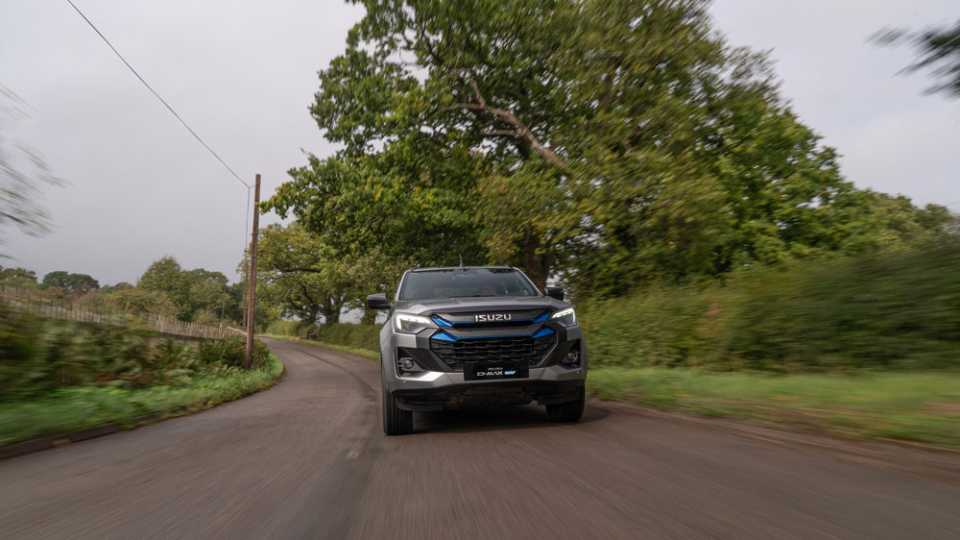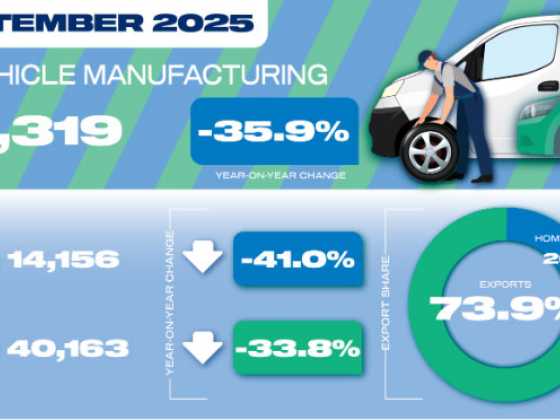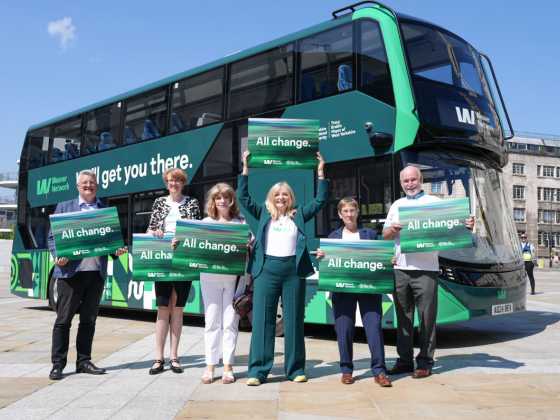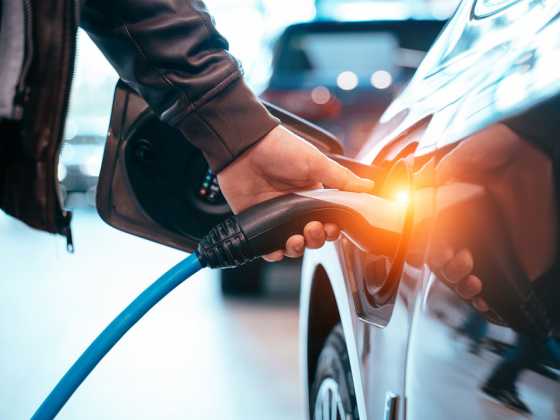National Grid field engineers to trial new Isuzu D-Max EV

National Grid Electricity Distribution (NGED) is working with Isuzu UK to test and refine the forthcoming D-Max EV ahead of its market launch in early 2026.
NGED, one of the UK’s largest electricity distribution network operators, will deploy eight designated field operations engineers to put the D-Max EV through real-world operational conditions across its Midlands, South Wales and South West regions.
The trial follows four years of close collaboration between NGED and Isuzu, led by NGED’s Fleet Technical Specialist, Jane Nicholson. She and her team have met Isuzu’s design groups in Japan and Europe, feeding in operational requirements and converter input to integrate storage and equipment solutions tailored for utility fieldwork.
Fleet Technical Specialist at NGED, Jane Nicholson, said: “Isuzu has been very keen to have our input from the start, and we’ve met their design teams from Japan and Europe many times, providing them with detailed information on the business’s requirements. This led to us having the opportunity to design and build a D-Max alongside specialist vehicle converters Strongs, with our engineers providing input into the features and storage solutions that will make the biggest difference to their work, carrying out upgrades and repairs to the electricity network. We’ve always trialled EV vehicles before deploying them into the business, but never to the extent that we are doing with the Isuzu D-Max EV, which will have off-road capabilities and the ability to tow and winch.”
NGED has one of the UK’s largest and most diverse fleets and is increasingly switching to cleaner fuel sources to run them. It has 1,200 EVs comprising 400 commercial vehicles and 800 cars. The company has a strong record of working with manufacturers and specialists to develop vehicles, having previously partnered with Strongs to convert a passenger car into a light commercial vehicle with all-terrain capability.
Transport Manager at NGED, Chris Mayell, added: “This is a unique chance to shape not just the vehicle itself but the way it’s fitted out for the demands of our fieldwork. Ultimately, we hope it will also be another important step forward in our ambition to have a decarbonised fleet.”



